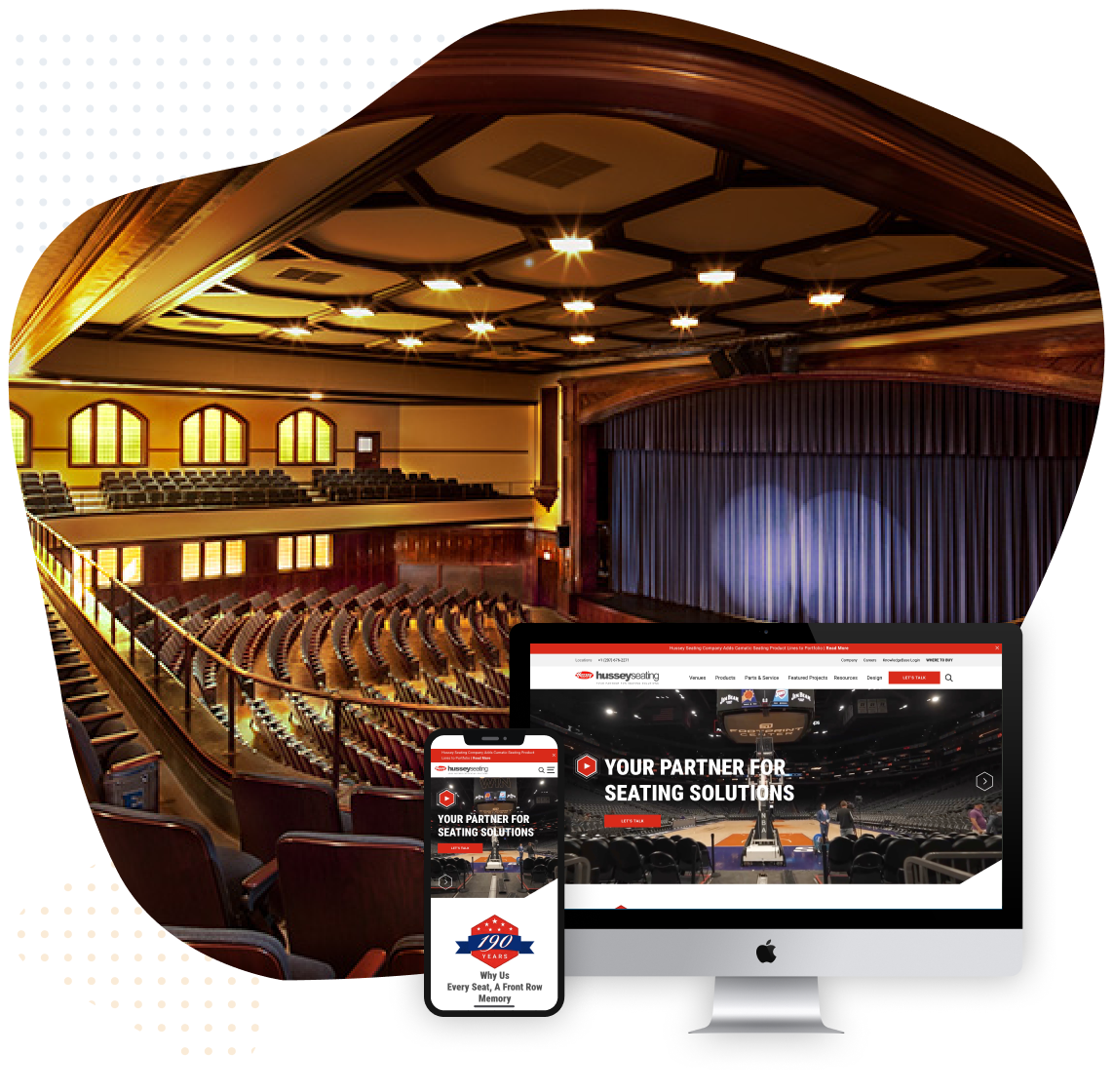WordPress is a versatile and popular content management system that allows website owners to customize their sites with various features and functionalities.
Two essential components of WordPress customization are widgets and plugins. Both widgets and plugins offer additional functionality, but they serve different purposes.
To explore this further, we will provide a comprehensive comparison of WordPress widgets and plugins, exploring their similarities, differences, and best use cases, based on the most up-to-date research.
By understanding the distinctions between widgets and plugins, you can make informed decisions when it comes to customizing your WordPress website.
Understanding Widgets
Widgets are small, self-contained modules that add specific functionality or content to predetermined widget areas within your WordPress theme. These widget areas, such as sidebars or footers, allow you to easily customize and rearrange elements on your website.
These commonly provide features like search bars, social media feeds, calendars, recent posts, and more. They are typically drag-and-drop elements that require no coding knowledge, making them user-friendly for beginners.
Exploring Plugins
Plugins, on the other hand, are more extensive tools that add new features and functionalities to your WordPress site. They are separate software packages that extend the core functionality of WordPress.
These can be installed and activated to provide features like e-commerce functionality, SEO optimization, security enhancements, contact forms, and more. Plugins often require some configuration and can have a wider range of customization options compared to widgets.
Similarities and Overlaps
While widgets and plugins serve different purposes, there are instances where their functionalities overlap. Some plugins come with widget functionality built-in, allowing you to add and customize widgets using the plugin’s features.
Additionally, some widgets might have plugin-like capabilities, such as providing advanced functionality beyond simple content display. These similarities provide flexibility in how you choose to enhance your WordPress website.
Use Cases for Widgets
Widgets are ideal for adding specific content or functionality to predetermined areas of your website. They are particularly useful for elements that need to be displayed consistently across multiple pages, such as navigation menus, recent posts, or social media feeds.
These are also beneficial for users who prefer a visual, drag-and-drop approach to customization without delving into coding or extensive configuration.
Use Cases for Plugins
Plugins offer more extensive and specialized functionality compared to widgets. They are suitable for adding complex features like e-commerce stores, membership systems, event calendars, or SEO optimization tools. Plugins also often require more configuration and may have advanced settings to fine-tune the functionality according to your specific needs.
Today, they are the go-to option when you require a powerful and customized solution beyond what widgets can offer.
Managing Performance and Compatibility
When choosing between widgets and plugins, it’s important to consider their impact on your website’s performance and compatibility. Excessive use of widgets and plugins can slow down your site and increase the risk of conflicts or security vulnerabilities.
It’s recommended to use only the necessary widgets and plugins, regularly update them, and choose reputable ones from trusted sources.
Balancing Flexibility and Simplicity
Widgets are designed to be user-friendly and require minimal technical knowledge. They offer simplicity and ease of use for beginners or those who prefer a straightforward customization process.
On the other hand, plugins provide advanced functionality and customization options, catering to users who require more flexibility and control over their website’s features.
The Power of Combination
In many cases, the most effective approach involves using a combination of widgets and plugins. Widgets can enhance the visual appeal and provide quick access to specific information, while plugins offer extended functionality and customization options.
By strategically integrating both widgets and plugins, you can create a highly tailored and efficient WordPress website.
Leverage WordPress Widget and Plugins For a Seamless Website
WordPress widgets and plugins are essential tools for customizing and enhancing the functionality of your website. While widgets focus on adding specific content to predefined areas, plugins offer broader functionality and advanced features.
By understanding the distinctions between widgets and plugins, and considering their strengths and best use cases, you can optimize your WordPress website’s customization and ensure it meets your specific needs.
Looking to customize your WordPress website for optimal performance and functionality? Sayenko Design is here to assist you. As a trusted web development agency, we specialize in WordPress development and can help you leverage the power of widgets, plugins, and other customization options to create a website that stands out.













